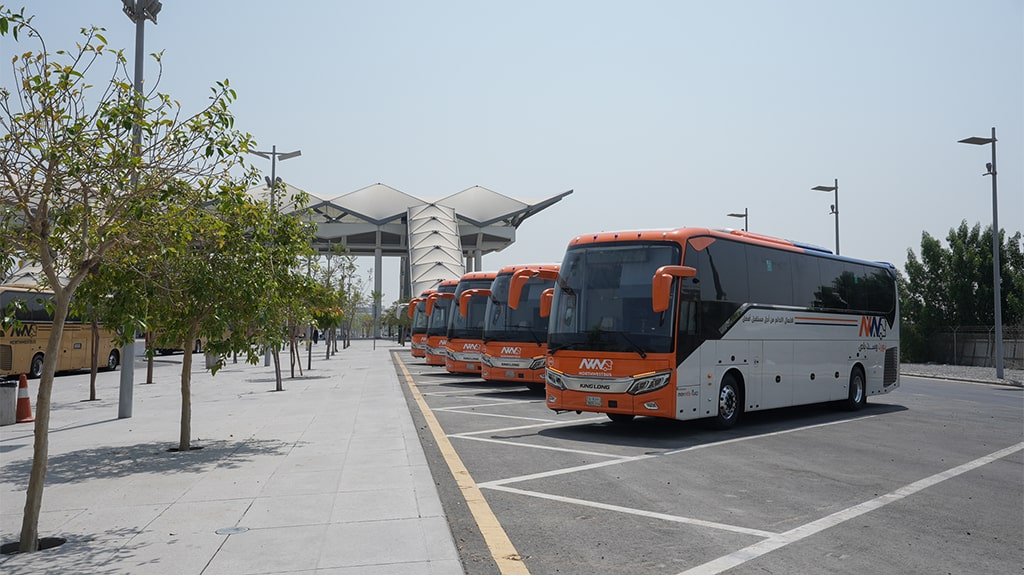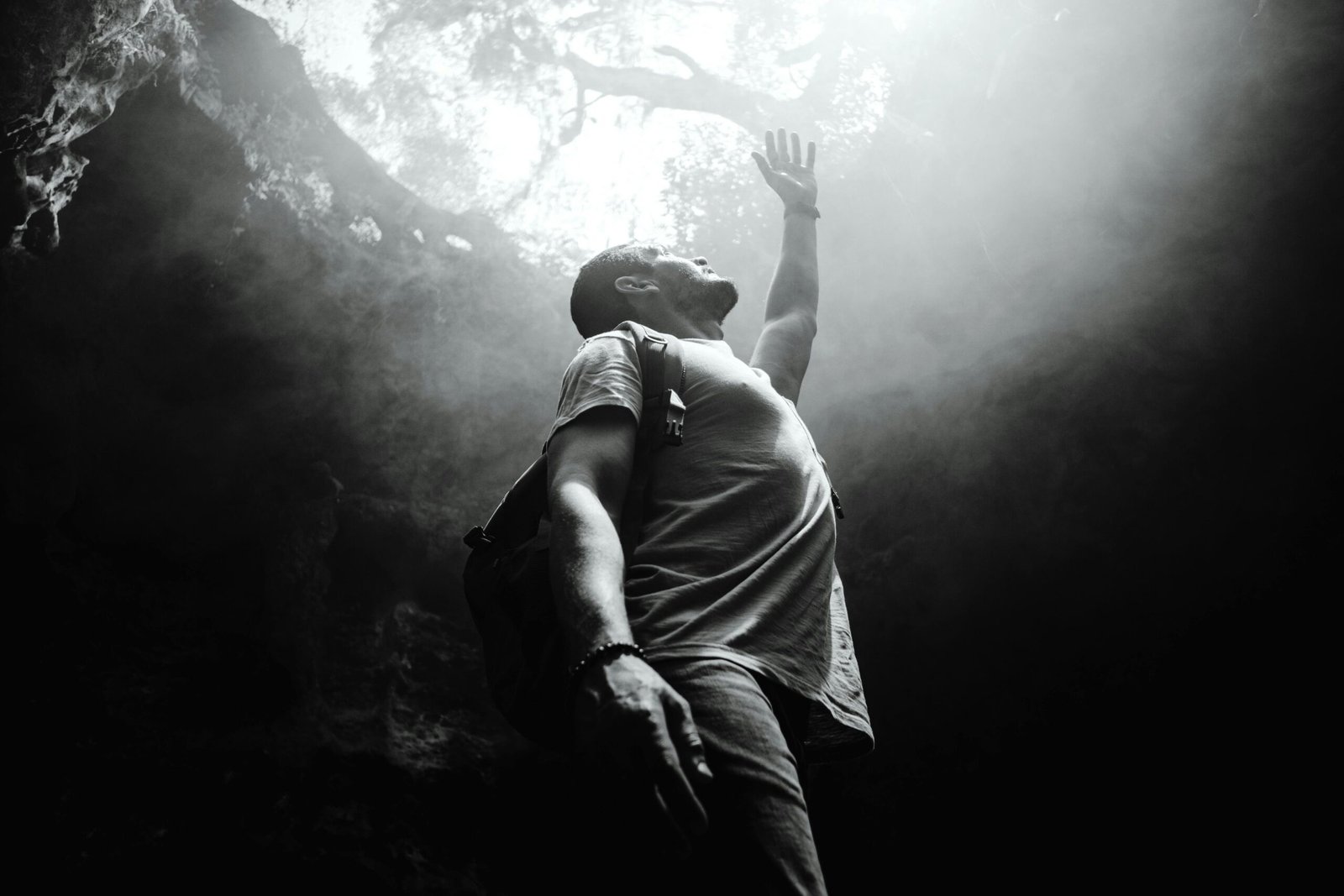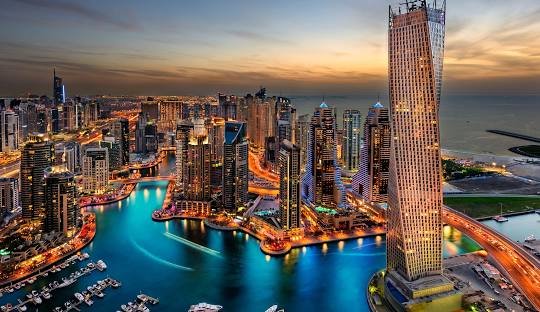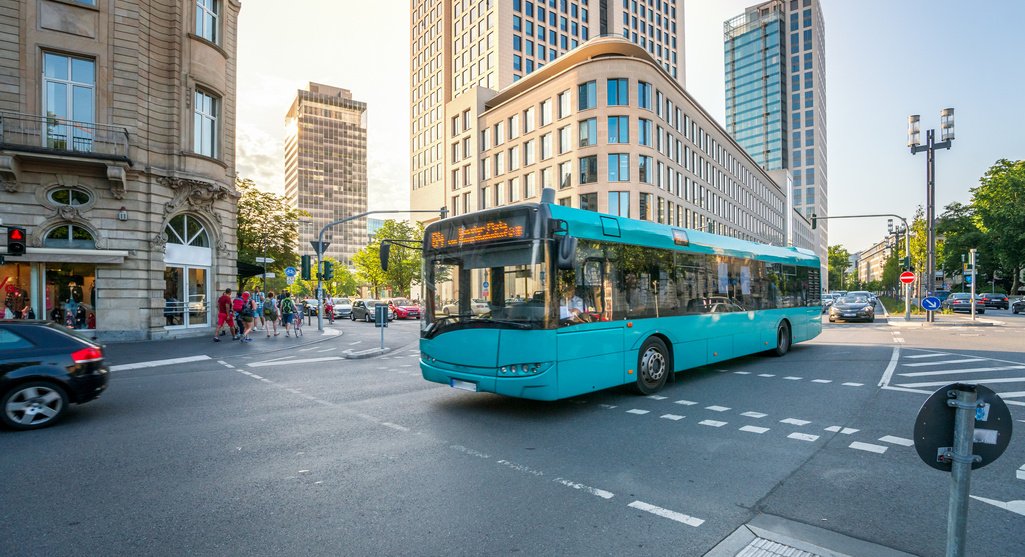- The Beas Kund Trek:
The Beas Kund trek is a popular trek in Himachal Pradesh that takes you to the source of the Beas River. The trek starts from Solang Valley, which is located around 13 kilometres from Manali. The trek takes you through lush green meadows, dense forests, and glaciers, offering breathtaking views of the Pir Panjal and Dhauladhar ranges. The summit of the trek offers a panoramic view of the entire valley and is a great spot for photography. The trek can be completed in around 5-6 days and is a great option for those who are new to trekking or have limited time.
- The Chandrakhani Pass Trek:
The Chandrakhani Pass trek is a moderate level trek that takes you through the lush green valleys of Kullu and Parvati. The trek starts from Naggar, which is located around 20 kilometres from Manali. The trek takes you through forests, meadows, and villages, offering a glimpse of the traditional lifestyle of the local people. The highlight of the trek is the Chandrakhani Pass, which offers a panoramic view of the entire valley. The trek can be completed in around 7-8 days and is perfect for those who have some trekking experience.
- The Pin Parvati Pass Trek:
The Pin Parvati Pass trek is one of the most challenging treks in Himachal Pradesh. The trek starts from Kullu and takes you through the Pin Parvati Pass, which is one of the highest passes in the region. The trek offers stunning views of the Parvati Valley and the Spiti Valley. The trek can be completed in around 10-12 days and is suitable for experienced trekkers who are well-prepared for the high altitude and rugged terrain.
- The Hampta Pass Trek:
The Hampta Pass trek is a moderate level trek that starts from Manali and takes you through the Hampta Pass. The trek offers beautiful views of the Pir Panjal and Dhauladhar ranges, and the summit offers a panoramic view of the entire valley. The trek can be completed in around 5-6 days and is a great option for those who are looking for a moderate level trek with beautiful scenery.
- The Deo Tibba Base Camp Trek:
The Deo Tibba Base Camp trek is a challenging trek that takes you to the base camp of the Deo Tibba, which is the second highest peak in the Pir Panjal range. The trek starts from Chika and takes you through forests, meadows, and glaciers, offering breathtaking views of the Pir Panjal and Dhauladhar ranges. The summit offers a panoramic view of the entire valley. The trek can be completed in around 10-12 days and is suitable for experienced trekkers who are well-prepared for the high altitude and rugged terrain.
All of these treks in Himachal Pradesh offer a chance to explore the natural beauty of the region and are great options for both experienced trekkers and those new to the activity. It’s important to note that many of these treks require a moderate to high level of physical fitness, and it is always recommended to be well-prepared, with the necessary gear and equipment, and to hire a local guide for safety and navigation. It is also important to note that trekking season varies depending on the trek and the region, so be sure to research the best time to go and the current weather conditions before embarking on your trek.
When planning a trek in Himachal Pradesh, it is important to pack the right gear and equipment to ensure a safe and comfortable experience. Some essential items to carry on a trek include:
- Backpack: A good quality backpack with enough capacity to carry all of your gear and equipment.
- Clothing: Warm and waterproof clothing, including a waterproof jacket and pants, fleece jacket, thermal inner wear, and a good quality raincoat.
- Footwear: A pair of sturdy and comfortable trekking boots or shoes, as well as a pair of sandals or flip-flops for camp.
- Sleeping gear: A warm sleeping bag, a camping mattress and a headlamp.
- Food and water: High energy snacks, electrolyte drinks, and enough water to last the duration of the trek.
- First Aid kit: A basic first aid kit with band-aids, painkillers, and any personal medication you may need.
- Navigation: A map, compass, and GPS device.
- Sun protection: Sunscreen, sunglasses, and a hat.
- Personal hygiene: Toilet paper, wet wipes, a small towel, and a personal hygiene kit.
- Extra Cash: It is always a good idea to carry extra cash for emergencies, or in case you need to buy something on the way.
It’s important to note that some of these items may be provided by the trek organiser, so it’s always a good idea to check with them before packing. Also, it’s important to note that some of the treks may require special equipment like crampons, ice axes, etc. so it’s a good idea to check with the trek organizer about the equipment list.




